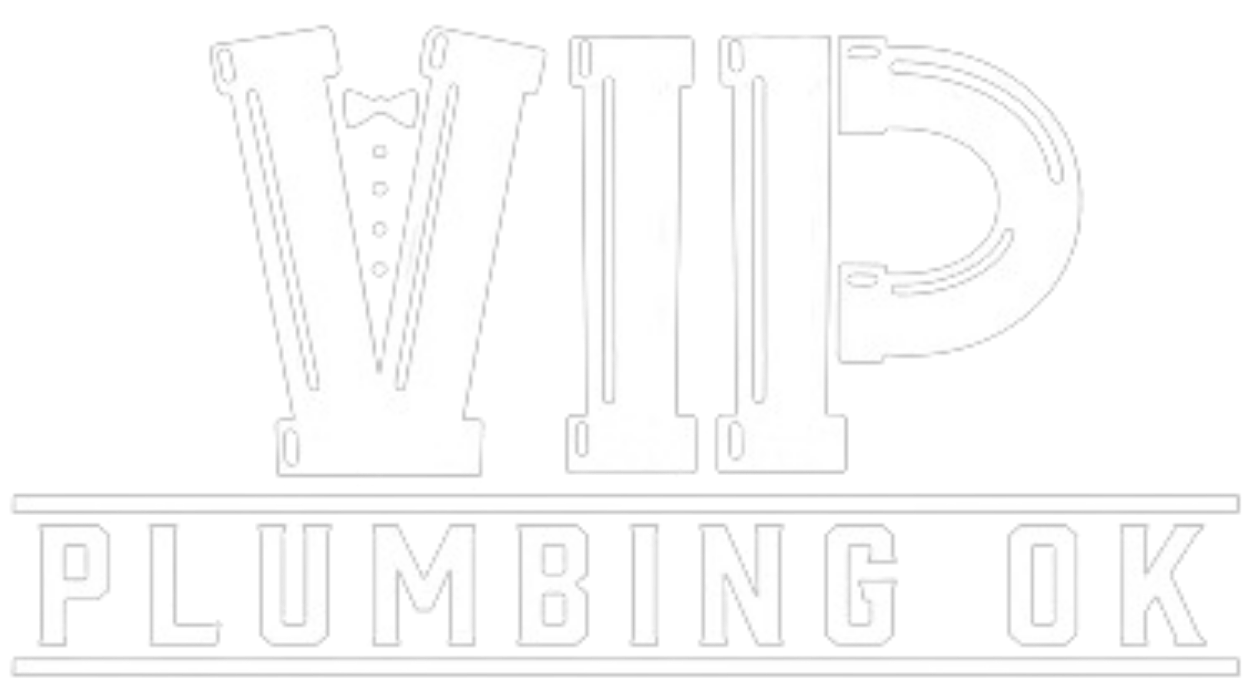In today’s economy, where sewer and water prices are rising faster than inflation, it is easy to understand why higher-than-normal water bills can create panic for most homeowners. Predictable rate increases are expected but over the past 5 years costs have skyrocketed putting pressure on financial budgets and mental strain on those who pay the water bills.
In this article, we will discuss the common causes of high water bills resulting from things such as leaky plumbing or misuse of water. We will look at the common reasons leading to excessive water usage and offer practical solutions on how to reduce water waste to minimize your monthly water bill.
Leaking Plumbing
The most common reason for high water bills is plumbing leaks. While some leaks are obvious such as a dripping faucet, some others are hidden and difficult to detect. Here we will look at plumbing leaks of which you should be aware.
Running Toilets
When you flush a toilet the flapper in the base of the storage tank opens permitting water to fall into the toilet bowl and, with the help of gravity, the bowl contents is emptied and moved down the drain. The storage tank flapper then reseals and collects fresh water in preparation for the next flush.
Sometimes the water meant to stay in the storage tank leaks into the bowl causing what is known as a running toilet or a leaking toilet. There are several reasons a toilet might leak:
- A worn or malfunctioning toilet flapper that is unable to make the watertight seal needed to hold the water in the tank until needed.
- The toilet float needs attention. The float dictates the amount of water entering the tank and keeps it from overflowing. This component may fill with water causing it to sit lower in the tank and cause the toilet to run. Sometimes an adjustment to the float is needed and bending the rod downward will stop the water from running.
- Water pressure that is too high can cause a toilet to run continuously. This can affect the toilet but it can also lead to other water leaks and should be addressed immediately.
- Leaking seals are a common cause of toilet troubles. When seals fail you will notice water accumulating around the base of the toilet. Check the wax seal at the base of the toilet and the seal between the storage tank and the bowl;. Other possible leak sites are at the water inlet valve assembly and at the mounting bolts that attach the toilet to the floor.
Dripping Faucets
Dripping faucets are easy to see but are frequently ignored and seen more as an inconvenience than a true plumbing problem. This is a false assumption because even a slow dripping faucet can lead to substantial water loss over longer periods of time.
Causes of a dripping faucet are many such as a worn cartridge in a two-handle faucet, washers that are worn by the friction of passing water and can no longer make a watertight seal, a bad O-ring that no longer holds the faucet handle in place, or, if leaking from the spout, a malfunctioning valve seat.
Regular plumbing inspections will catch these small, seemingly inconsequential leaks and address them before they turn into true plumbing disasters.
Cracked Pipes
Because the majority of your plumbing pipes are hidden behind drywall and ceilings it is these leaks that cause the most damage and contribute the most to wasted water. Other than higher-than-normal water bills it is wise to watch for other telltale signs you might have a hidden water leak. Here are 4 ways that may indicate your pipes are leaking:
- Water stains on ceilings and walls. Even tiny leaks will produce enough water to create staining since drywall acts like a sponge absorbing and holding water.
- The smell of mold and mildew may be present if your pipes are leaking. Moisture-soaked drywall and wooden substructures create the perfect environment for mold to grow.
- Cracks in your home’s foundation can indicate cracked and leaking pipes. If you find your foundation is being compromised look for leaky pipework.
- Older plumbing pipes have seen their share of wear and tear and corrosion buildup. As time goes on this build up can restrict water flow and breakdown the joint connections between pipes. This inevitably leads to leaking and water waste.
Faulty Water Meter
Your water meter is designed to calculate your water usage so your water supplier knows how much to charge you each month. If your meter is malfunctioning your bills could become unusually high. Here are 2 ways to check the accuracy of your water meter.
First, turn off all water demand and measure out a set number of gallons of water using a bucket and your bathtub or sink. Check the meter to see if the amount of water you used corresponds to what the meter is reporting.
A second method is to turn off all water demand and simply observe your water meter. If it continues to record usage of water when none is being called for you likely have a hidden leak.
Hot Water Heater Woes
Heated water amplifies the negative effects that hard water can impose on your home’s plumbing system. As water is heated it leaves behind hard water minerals such as calcium and magnesium which accumulate on the bottom of your hot water heater storage tank. These minerals reduce the functionality of your heating elements and put a strain on the water heater causing it to work overtime.
This can lead to excessive wear and tear and an early retirement of your hot water heater. It is recommended you visually inspect your heater on a regular basis for leaks. It is also important to have your water heater professionally maintained with a yearly inspection. Overdue maintenance can lead to leaks, excessive stress, and higher water bills.
Increased Water Usage
Sometimes higher-than-expected water bills come from situations unrelated to the ones we discussed above. Perhaps the time of year is to blame when higher water use is the norm such as when you turn on your irrigation system for the first time or when you need to fill your swimming pool following the winter months.
Even having more guests can significantly increase your bills or having children returning home from college for the summer. Before you panic over an exceptionally high water bill review your recent activities and see if there might be an obvious but non-repeating cause and take a breath!
Reducing Water Usage
There are many steps a homeowner can take to help reduce water usage and keep their bills under control. Here we made a list of Dos and Don’ts when it comes to water usage and water awareness:
DO
-address small plumbing issues as they arise and never assume a small issue is no big deal.
-shorten the time you spend in the shower. Every minute of shower time equals the use of 2 gallons of water.
-do turn the water off when brushing teeth and shaving. Every little bit helps!
-do install low-flow shower heads, faucets, and toilets.
-do conduct ongoing maintenance of all plumbing fixtures, appliances that use water, and plumbing pipes.
DON’T
-run washing machines or dishwashers unless they are full.
-prewash dishes before placing in the dishwasher. Modern appliances do not require pre-rinsing in order to get your dishes clean.
-allow rainwater to go unused. Collect rain in barrels to be used for gardening or washing your car.
-hang on to old, outdated fixtures and appliances. The money you will save installing high-efficiency models is well worth the initial investment.
-panic if you receive a high water bill. Reflect on your past activities and realize your extra usage is a temporary condition and things will return to normal next month.
Do you need help with your water bill?
We hope you found this article informative and comforting. There are many reasons you can receive a higher-than-normal water bill but the good news they are repairable and/or temporary. Leaking plumbing is the #1 culprit but an overworked water heater or a malfunctioning water meter can be to blame as well.
We recommend a yearly inspection of your entire plumbing system to be certain small problems are addressed quickly and your plumbing system can be updated to meet the demands of a busy home life. Energy efficient appliances and good old fashioned common sense go a long way toward managing the high cost of living while maintaining the extraordinary life you live!

